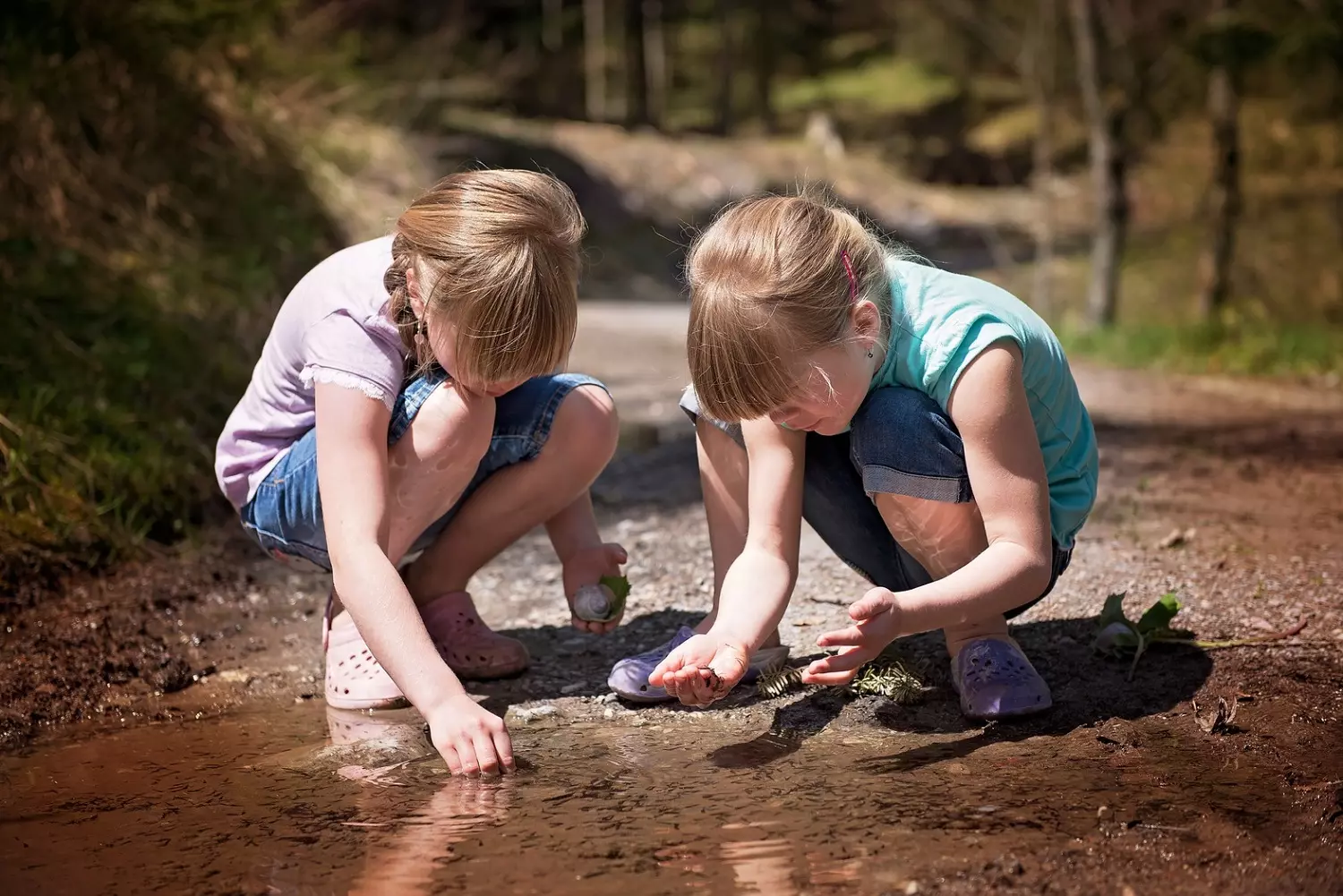[Originally published as A Dirty Childhood Can Lead to a Healthy Life]
One of the proposed explanations for the rise in allergies seen in the industrialized world is the hygiene hypothesis. It argues that many children who live in industrialized nations are raised in an environment that is just too clean. Because of this, they are not exposed to infectious and foreign agents that properly “train” their immune system. In addition, they miss out on some of the good bacteria and fungi that would take up residence in their body and support their immune system. As a result, the natural development of the immune system is stunted, and the body doesn’t know how to properly respond to certain assaults.
While there is a lot of good indirect evidence to support the hypothesis, the only controlled studies that support it have been done on mice. Of course, it is hard to do a controlled study on people, because you would have to get two similar groups of people and force them to live in different environments (one clean and one dirty) for a long period of time, and that’s just not practical. However, I recently came across a study which comes close to doing that, and the results strongly support the hygiene hypothesis.
The authors cleverly made use of an artificial separation of people that occurred more than 70 years ago. At the end of World War II, Finland had to give up some of its land to Russia, creating a new border between the two countries. Over time, the people who lived on either side of the border developed very different lifestyles. The Russian side of the border stayed largely agrarian, while the Finnish side became more urban. Since these two populations started out very similar but ended up very different, the authors decided to compare their susceptibility to allergies, and the results were rather astonishing.
In 2003, the authors randomly selected 98 Finnish children and 82 Russian children who were 7-10 years of age. They took skin samples and nose mucus samples, and they asked the parents to report on the children’s susceptibility to certain allergies. They also measured the sensitivity to certain allergens by looking at chemical levels in their blood. They then did a follow-up study of the same children roughly 10 years later.
The results remained consistent between the initial and follow-up studies: The Finnish children were three to ten times more likely than the Russian children to have allergic reactions like asthma, hay fever, eczema, and a runny nose.
When the authors examined the skin and nose mucus samples, they found that the Russian children had a lot more bacteria in their skin and mucus than the Finnish children. In addition, the diversity of bacterial species was much greater in the Russian children. So the children who had more bacteria and lots of different species of bacteria living in and on their bodies were less likely to have allergies!
The authors specifically note that the largest disparities between the two groups were in bacterial species from the genus Acinetobacter. As the authors state:
Our results also suggest that high abundance and diversity of Acinetobacter might contribute to the low allergy prevalence in Russia. Implications of early‐life exposure to Acinetobacter should be further investigated.
In other words, the authors think that at least part of the reason that the Finnish children had more allergies is that they weren’t exposed to enough Acinetobacter.
Where do these bacteria live?
In dirt and water. So based on the results of this study, children who grow up doing things like the children in the picture at the top of the post are less likely to develop allergies later in life!
As a creationist, this doesn’t surprise me at all. God created us to interact with His creation, and when we try to isolate ourselves from it, we suffer.






